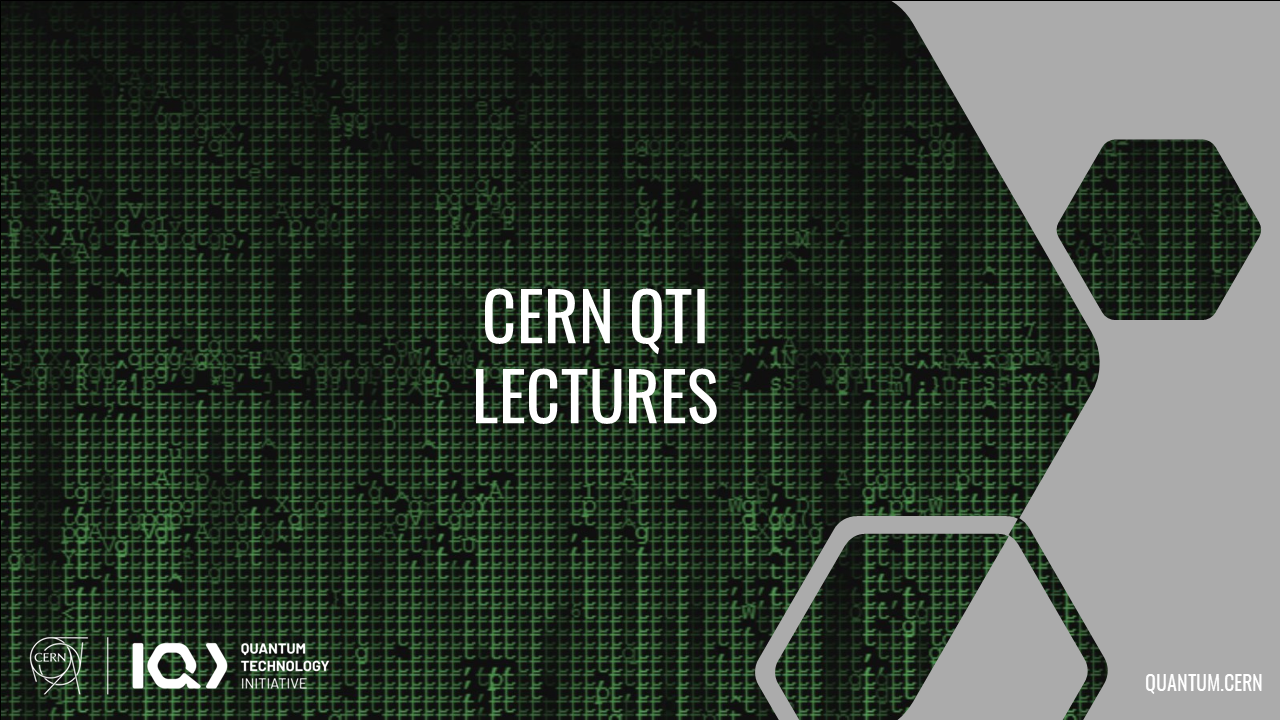This lecture is organised as part of the CERN QTI online lecture series.
Large-scale numerical simulations of the Hamiltonian dynamics of a Noisy Intermediate Scale Quantum (NISQ) computer - a digital twin - could play a major role in developing efficient and scalable strategies for tuning quantum algorithms for specific hardware. IVia a two-dimensional tensor network digital twin of a Rydberg atom quantum computer, the feasibility of such a program will be demonstrated. In particular, the speaker will quantify the effects of gate crosstalks induced by the van der Waals interaction between Rydberg atoms: according to an 8x8 digital twin simulation based on the current state-of-the-art experimental setups, the initial state of a five-qubit repetition code can be prepared with high fidelity, a first indicator for compatibility with fault-tolerant quantum computing. The preparation of a 64-qubit Greenberger-Horne-Zeilinger (GHZ) state with about 700 gates yields a 99.9% fidelity in a closed system while achieving a speedup of 35% via parallelisation.
For more details, visit: https://indico.cern.ch/event/1251853/
The recording of this talk is now available at: https://www.youtube.com/watch?v=0fsA2bAzAiQ

